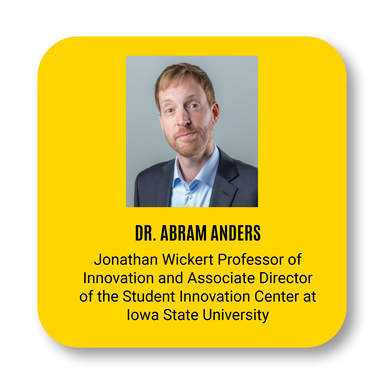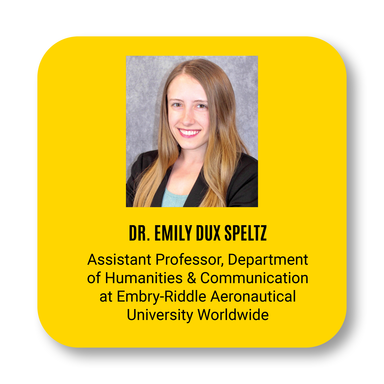Hey Hawkeyes! Interested in how Generative AI will impact scientific fields? Join Dr. Emily Duz Speltz and Dr. Abram Anders for their presentation "Using Generative AI to Support STEM Learning."
If you attend, you're in for an an engaging session on leveraging generative Al to enhance student research and scientific communication. Discover how large language models (LLMs) can empower students with tools for self-regulation, creative ideation, and reflective learning. We'll also explore the ethical considerations and limitations of Al, ensuring responsible and effective use in academic settings.
Researchers, this is for you--this session is perfect for students looking to amplify their research skills and embrace cutting-edge technology in their scientific endeavors.
Details
Friday, September 20th, 2024 | 12:30 pm - 1:30 pm | 2520D University Capitol Center (UCC)
Stay from 1:30 pm - 2:30 pm for informal discussion and consultation
This event is free and open to the public. Graduate and undergraduate students from any discipline are encouraged to attend.
Expect this presentation to take place from 12:30 - 1:30. Students are invited to stay for an informal discussion and opportunity to ask specific questions about using AI from 1:30 - 2:30.
Presenters

Dr. Abram Anders is the Jonathan Wickert Professor of Innovation and Associate Director of the Student Innovation Center at Iowa State University. His research focuses on the intersection of technology, communication, and pedagogy. Dr. Anders has published extensively on innovative teaching practices and the integration of AI in education, emphasizing writing instruction and creative processes.

Emily Dux Speltz, Ph.D., is an Assistant Professor in the Department of Humanities & Communication at Embry-Riddle Aeronautical University Worldwide. Dr. Dux Speltz’s research explores applications of innovative technologies—including generative artificial intelligence, keystroke logging, and eye tracking—in the writing process and education. Her recent work has been supported by a National Science Foundation grant exploring text production and comprehension by human and artificial intelligence.
To learn more, see the fully story on the ISA website by clicking here.